New Jersey Climate News
News Aggregation from the NJ Climate Change Resource Center
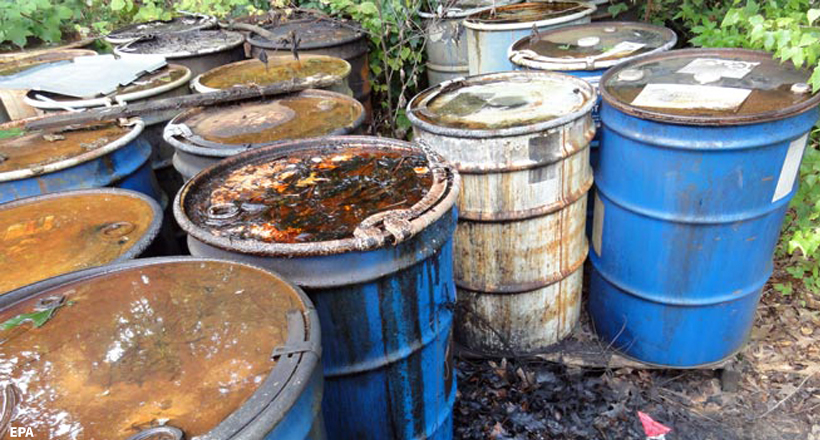
ENVIRONMENTAL JUSTICE
Rutgers University to Receive Almost $800K to Help Small Businesses Across NJ Reduce Hazardous Waste
Pollution Prevention Grant will advance Environmental Justice
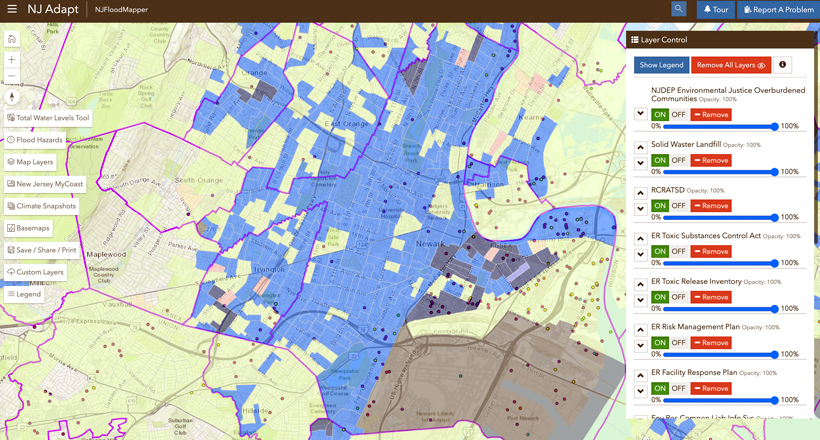
NJADAPT can be used to map a wide range of hazards, including flooding, heat, and hazardous materials, within overburdened communities.
“This initiative contributes to New Jersey’s efforts to advance community-led solutions to minimize hazards that are exacerbated by changing climate conditions,” said Jeanne Herb, Executive Director of the Bloustein School Environmental Analysis & Communications Group and Co-Director of the New Jersey Climate Change Resource Center at Rutgers University. “Reducing exposures to hazardous materials that may be used, generated or transported in flood-prone areas, especially in environmental justice communities, is a win-win for communities and businesses both.”
“Bringing environmental equity to and improving the health of people who live and work in our overburdened communities is of the highest priority to the Murphy Administration,” said New Jersey Environmental Protection Commissioner Shawn M. LaTourette. “My DEP colleagues and I wish to express our gratitude to Administrator Garcia and the U.S. Environmental Protection Agency for providing this funding to Rutgers University to help small businesses reduce or eliminate the hazardous substances they use. The Department of Environmental Protection looks forward to working closely with Rutgers and community organizations to provide the technical assistance that will make these goals a reality.”
“This federal investment in New Jersey will empower small businesses to improve health and the environment across our state,” said U.S. Senator Cory Booker. “I’m proud to see Rutgers University receive this funding so that it can provide small businesses with the technical assistance to reduce the harmful impact of hazardous substances in disadvantaged communities.”
“Today, more transformational funding to prevent toxic pollution is on its way to New Jersey from the Bipartisan Infrastructure Law,” said U.S. Representative Frank Pallone (NJ-06). “The Pollution Prevention Grants to Advance Environmental Justice Program breaks down barriers to resources and access to information so facilities can more easily reduce hazardous substances that harm public health. I congratulate Rutgers University for receiving a grant to carry out this important work for New Jerseyans and thank President Biden for his partnership in prioritizing environmental justice.
The Environmental Justice in Communities grant program will provide pollution prevention technical assistance to businesses to improve human health and the environment in disadvantaged communities. The Environmental Justice Through Safer and More Sustainable Products grant program will assist businesses to increase the supply, demand, and use of safer and more sustainable products, such as those certified by EPA’s Safer Choice program, or that conform to EPA’s Recommendations for Specifications, Standards and Ecolabels for Federal Purchasing.
EPA’s Pollution Prevention Grant Program advances President Biden’s Justice40 Initiative, which aims to deliver 40 percent of the overall benefits of certain federal investments to disadvantaged communities that are marginalized by underinvestment and overburdened by pollution.
Ensuring greater availability and use of safer and more sustainable products can reduce harmful chemical exposures and their human health and the environmental impacts in disadvantaged communities and create a more sustainable and accessible marketplace. These efforts will continue to benefit businesses and communities across the nation by capturing what works and what can be adjusted in other communities. Recipients will share successful practices that are new or not widely known, as well as lessons learned, so that future businesses and communities can continue to innovate.
EPA anticipates awarding the grants once all legal and administrative requirements are satisfied.
Background:
The United States generates millions of tons of pollution each year and spends billions of dollars per year controlling this pollution. Once in our environment, this pollution harms human and environmental health, which disproportionally impacts underserved communities. Preventing pollution at the source, also known as P2 or source reduction, rather than managing waste after it is produced, is an important part of the solution landscape, and advances a sustainable infrastructure that supports local economies while better protecting public health and the environment. P2 practices can reduce exposure to toxic chemicals, conserve natural resources, and reduce cleanup and financial costs for businesses, particularly for waste management and environmental liability. Practicing P2 is essential for protecting public health and improving environmental conditions in and around disadvantaged communities that have long been overburdened by pollution.
Between 2011-2021, EPA’s Pollution Prevention program has issued nearly 500 grants totaling more than $50 million, which have helped businesses identify, develop and adopt P2 approaches. These approaches have resulted in eliminating 19.8 million metric tons of greenhouse gases, saving 49 billion gallons of water, reducing 917 million pounds of hazardous materials and pollutants, and saving more than $2.2 billion for business.
President Biden’s Bipartisan Infrastructure Law is boosting these efforts by providing a historic $100 million to support the program’s continued efforts. Thanks to the Bipartisan Infrastructure Law, state and Tribal programs that are awarded grants will not be required to provide matching funds, which has helped expand access to these resources and broadened the applicant pool.
For more information about EPA’s Pollution Prevention Grant: Environmental Justice Program, visit EPA’s P2 website.
For more information about EPA’s tools for identifying communities that face disproportionate burdens, visit EPA’s EJ Screen page.
Follow EPA Region 2 on Twitter and visit our Facebook page. For more information about EPA Region 2, visit our website.
SUBSCRIBE
Get the latest updates from the NJ Climate Change Resource Center
SHARE THIS PAGE
LATEST HEADLINES
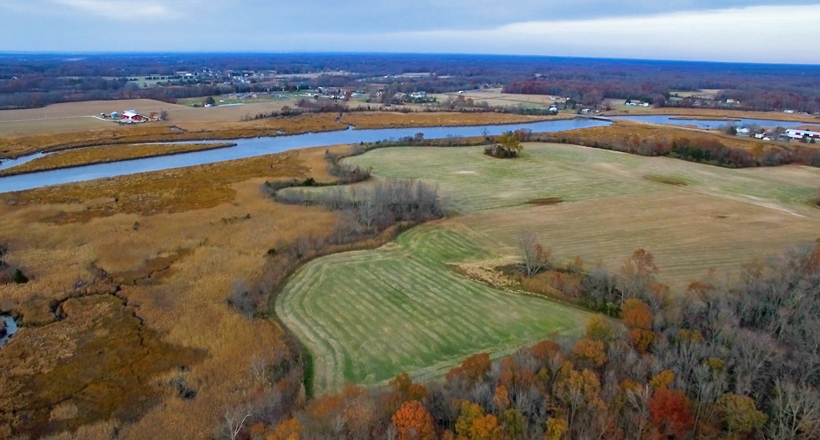
Climate change and Garden State agriculture
MARJORIE B. KAPLAN, MARK ROBSON, and JAMES SHOPE / ANJEC REPORT

New Jersey leaders draft plan to help residents cope with rising temperatures
BRANDON GOLDNER and ALAN WHEELER / CBS PHILADELPHIA

Scientists know rising seas will one day swallow this Jersey Shore climate research center
FRANK KUMMER / PHILADELPHIA INQUIRER

New Jersey is one of America’s fastest-warming states, data shows
HILARY HOWARD / NEW YORK TIMES

U.S. gives key approval to Atlantic Shores offshore wind farm in New Jersey
WAYNE PARRY / AP / WHYY


As NJ swelters, pols push bill to protect workers from the heat
DANIEL MUNOZ / NORTHJERSEY.COM
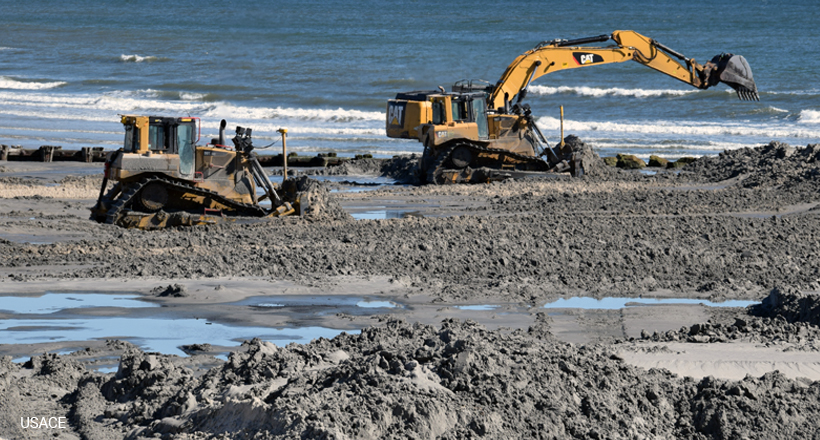
Time to reevaluate the money spent replenishing beaches?
BRIANA VANNOZZI / NJ SPOTLIGHT NEWS

How climate change complicates NJ beach replenishment
MELISSA ROSE COOPER / NJ SPOTLIGHT

Offshore wind project clears key federal hurdle
MICHAEL SOL WARREN / NJ SPOTLIGHT NEWS
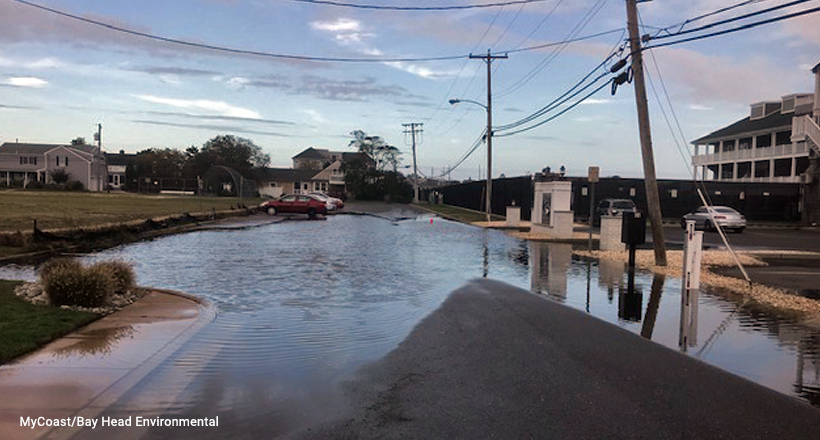
Building at the Jersey Shore where it’s bound to flood more may get harder
STEVEN RODAS / NJ.COM
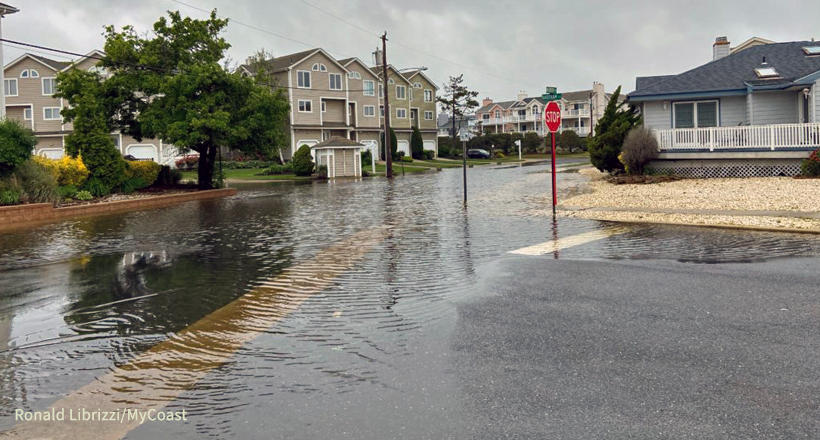
New Jersey prepares new coastal development rules
RY RIVARD / POLITICO

Young Americans push for climate change education
LAURA BARRÓN-LÓPEZ / PBS NEWSHOUR
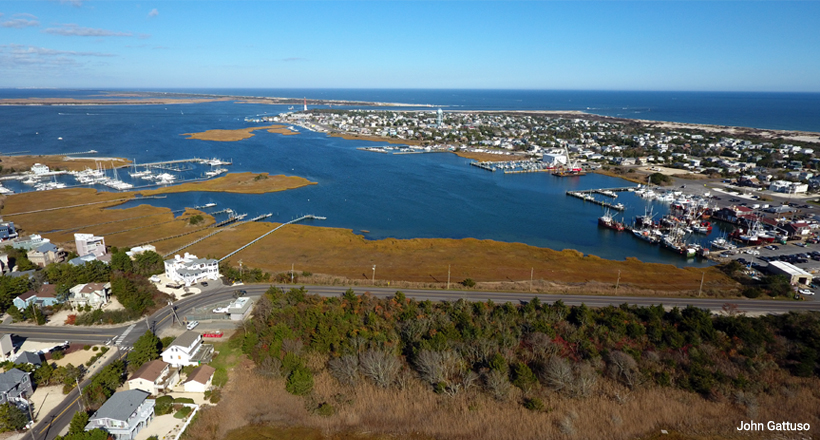
Rising sea levels at the shore
AVI WOLFMAN-ARENT and CHERRI GREGG / WHYY


Green hydrogen: A climate change solution or fossil fuel bait and switch?
SUSAN PHILLIPS / WHYY


NJ reaches major solar power benchmark
BRIANA VANNOZZI / NJ SPOTLIGHT

Big solar boost for low-income communities
TOM JOHNSON / NJ SPOTLIGHT NEWS
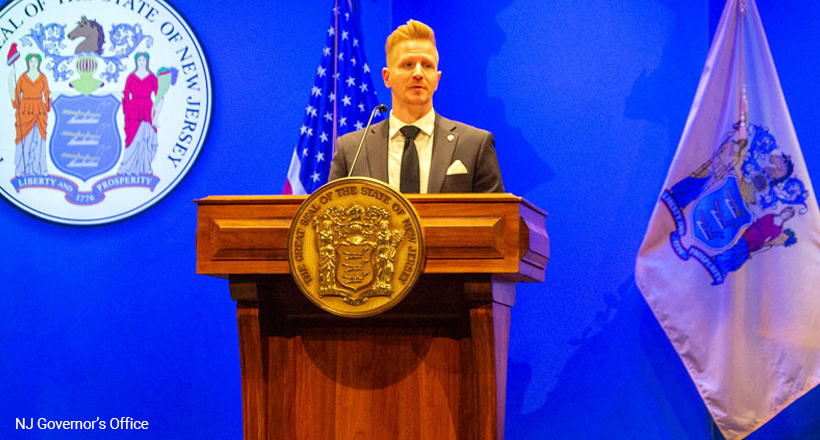
DEP chief reflects on NJ’s clean-energy transition
BRIANA VANNOZZI / NJ SPOTLIGHT NEWS
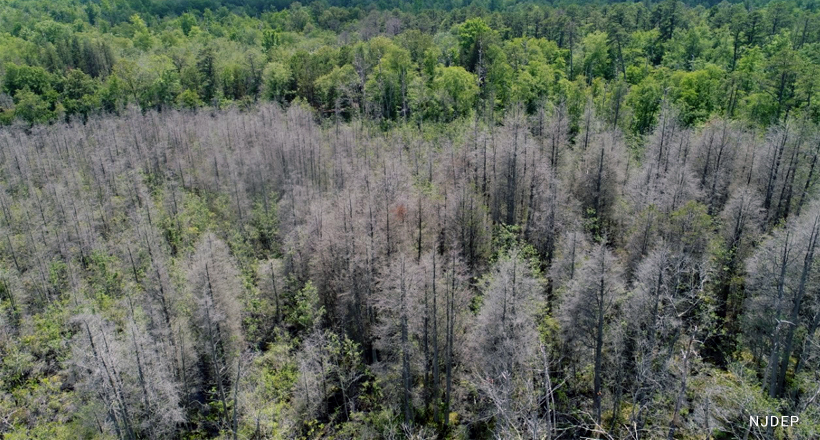
“Ghost forests” serve as haunting reminder of climate change. Here’s New Jersey’s action plan.
BRANDON GOLDNER / CBS NEWS


 Angel Alguera
Angel Alguera Daniel Gilkeson
Daniel Gilkeson Benjamin Goldberg
Benjamin Goldberg Surya Jacob
Surya Jacob Vineesh Das Kodakkandathil
Vineesh Das Kodakkandathil Douglas Leung
Douglas Leung Nihar Mhatre
Nihar Mhatre Justin Morris
Justin Morris Josephine O’Grady
Josephine O’Grady Jessica Parineet
Jessica Parineet Dillan Patel
Dillan Patel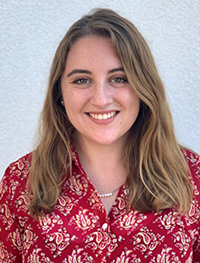 Moira Sweeder
Moira Sweeder